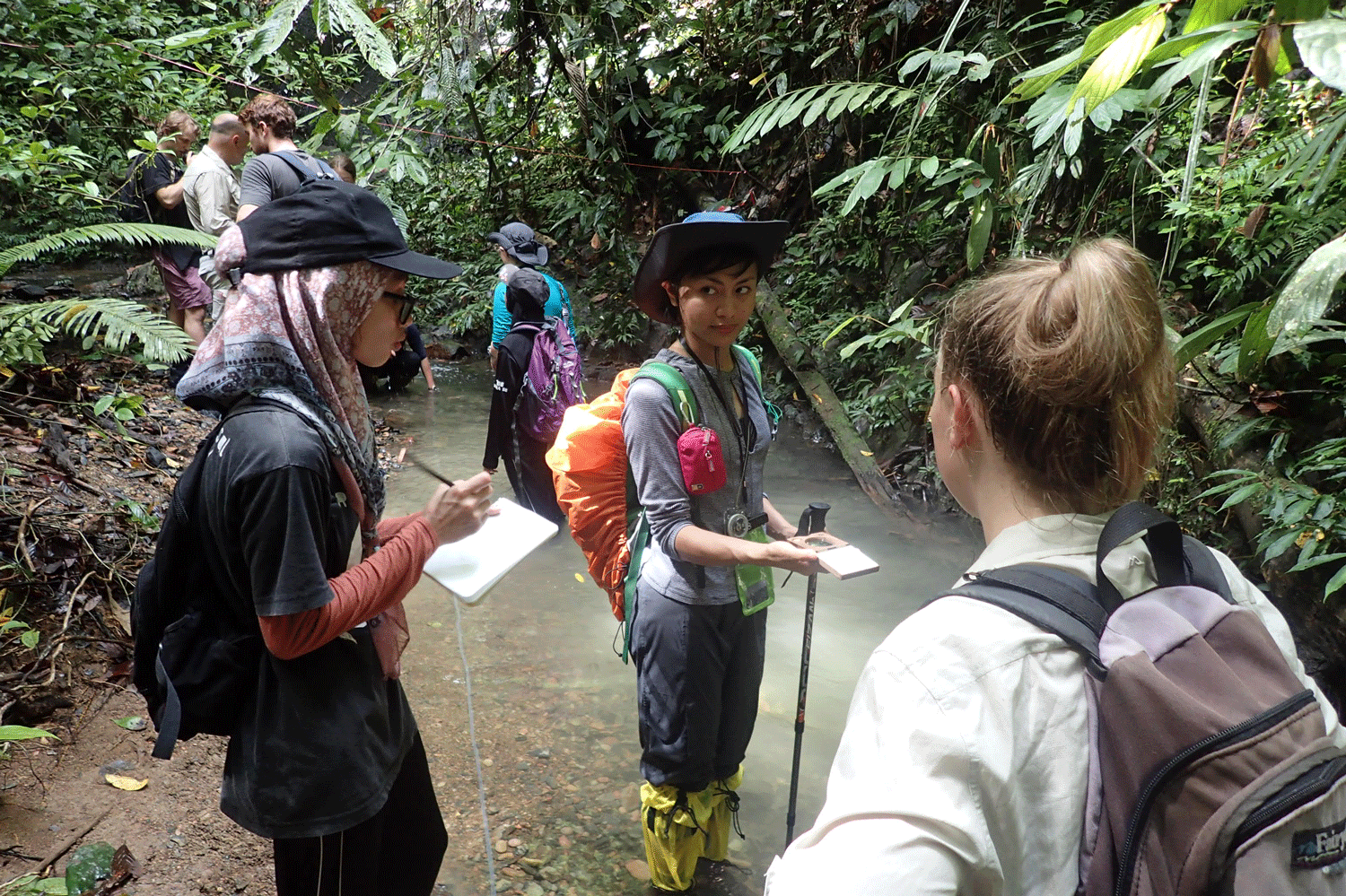Quacquarelli Symonds (QS) has announced its new world university rankings on sustainability which shows how universities worldwide are taking action to tackle Environmental, Social and Governance (ESG) challenges as universities are poised to lead the pace of environmental and social change through research, teaching and community engagement. In this new QS Sustainability Rankings, UBD placed 601-700 in the world.
The 2030 Agenda for Sustainable Development provides a shared blueprint for peace and prosperity for people and the planet, now and into the future. At its heart are the United Nations’ 17 Sustainable Development Goals (SDGs), which are an urgent call for action by all countries in a global partnership. The UN recognises that the SDGs must go hand-in-hand with strategies that improve health and education, reduce inequality, and spur economic growth – all while tackling climate change and working to preserve our oceans and forests.
The QS Sustainability Rankings provides a unique lens on which institutions are demonstrating a commitment to sustainable development. The Rankings look for evidence ranging from the impact that alumni are making in science and technology to solve climate issues, to the impact of research being done across the 17 SDGs. It evaluates the social and environmental impact of universities as a centre of education and research, as well as a major employer with the operational sustainability challenges of any large and complex organisation.
The Rankings has two categories: Environmental Impact and Social Impact. The Environmental Impact category looks into how institutions shape and influence environmental policies at national and global levels through scholarships, teaching and research. Through innovations, knowledge and culture, universities play a vital role in promoting and shaping a more environmentally sustainable world. In this category, UBD performed the strongest in the Sustainable Education indicator. This metric is composed of the university’s academic reputation from Earth & Marine Sciences and Environmental Sciences, the impact of alumni in the public and private sectors working to improve environmental standards, having a sustainable development or climate-focused research centre, and degrees on climate and environmental-related subjects. Other performance indicators include Sustainable Institution and Sustainable Research.
In the Social Impact category, institutions are measured on their engagement in social justice issues, playing their part in delivering on the United Nations’ SDGs. Performance indicators in this category represent different aspects of an institution’s work in ensuring social progress as well as quality education. Out of the five performance indicators in this category, UBD is strongest in Impact of Education. This particular indicator focuses on whether relevant courses are offered and how well it facilitates students studying subjects aligned with sustainable development. In addition, this indicator looks into the ability to position students into successful careers that will have an impact on the sustainability sector. Other indicators include Employment and Opportunities, Equality, Life Quality and Knowledge Exchange.
UBD’s performance in these indicators further demonstrates the impact that research conducted at the university has, especially through close collaborations with top partner universities worldwide. These collaborations have seen faculty members joining distinguished international research teams in various areas which include the environment and biodiversity, gender equality, sustainable tourism strategies, as well as poverty. Close cooperation between academics and relevant agencies continues to ensure that findings result in solutions and development benefiting all levels of society.
The research carried out at UBD, ranging from smart grid, clean power, renewables and sustainable environmental technology solutions, responds to the SDGs and climate change challenges by harnessing the knowledge and creativity of researchers, students and international collaboration.
Meanwhile, UBD continues to maintain its foothold as one of the top universities in the region by placing 71st in the latest QS Asia University Rankings. In the 2023 edition of the Rankings, UBD performs in the top 9.3 percent among institutions in Asia where it was in the top 10 percent last year. This increase is despite the addition of 37 new entrants to the Rankings. The announcement also showed that UBD placed 15th among universities in Southeast Asia. Out of the indicators used in the Rankings, UBD scored the highest in Inbound Exchange where it placed 2nd in the region. In this indicator along with Outbound Exchange, International Faculty and International Students, UBD scored the maximum 100 points. Compared to last year, the university’s Academic Reputation and Papers Per Faculty also showed significant improvement.
As a national institute of higher learning, UBD is committed to address the SDG indicators – from educating the young population on how they can use their abilities and talent to ensure a sustainable future, to conducting insightful research on national and global sustainable challenges and needs. With the support and guidance from the government, private sectors and the community, the respective findings can be used to develop effective policies and strategies to enhance sustainable development and economic growth that contribute to Brunei Darussalam’s continued prosperity and in realising Wawasan 2035.

